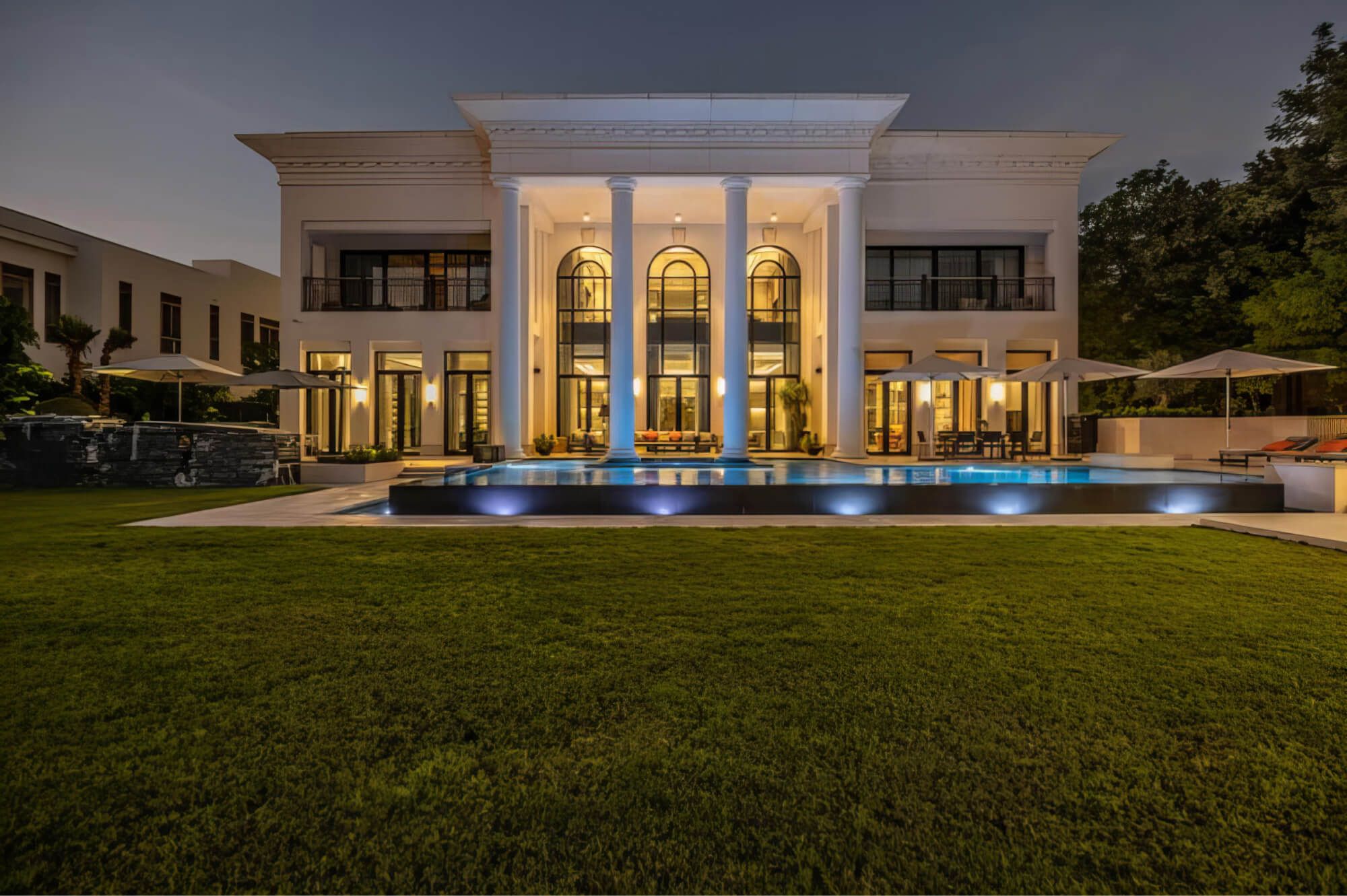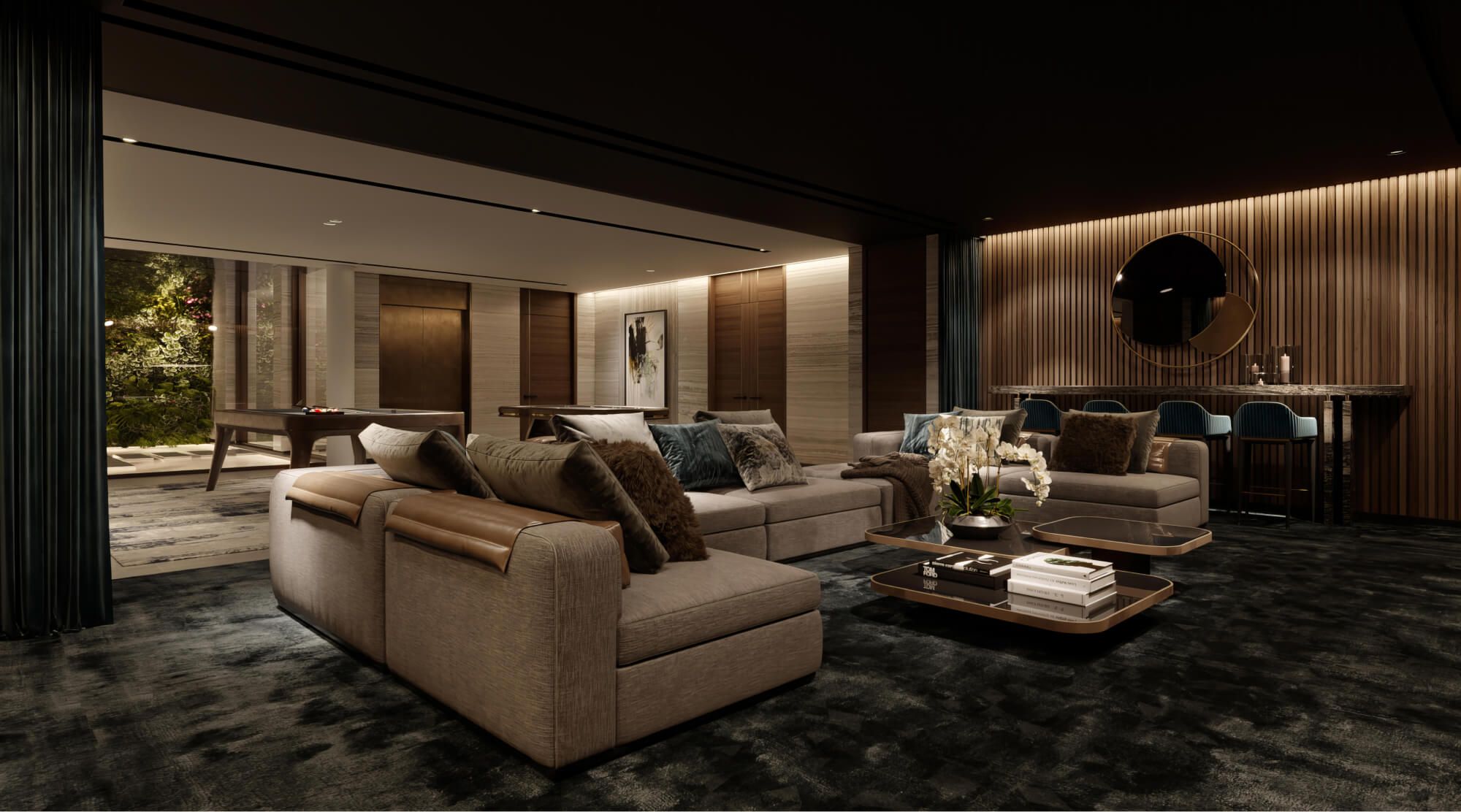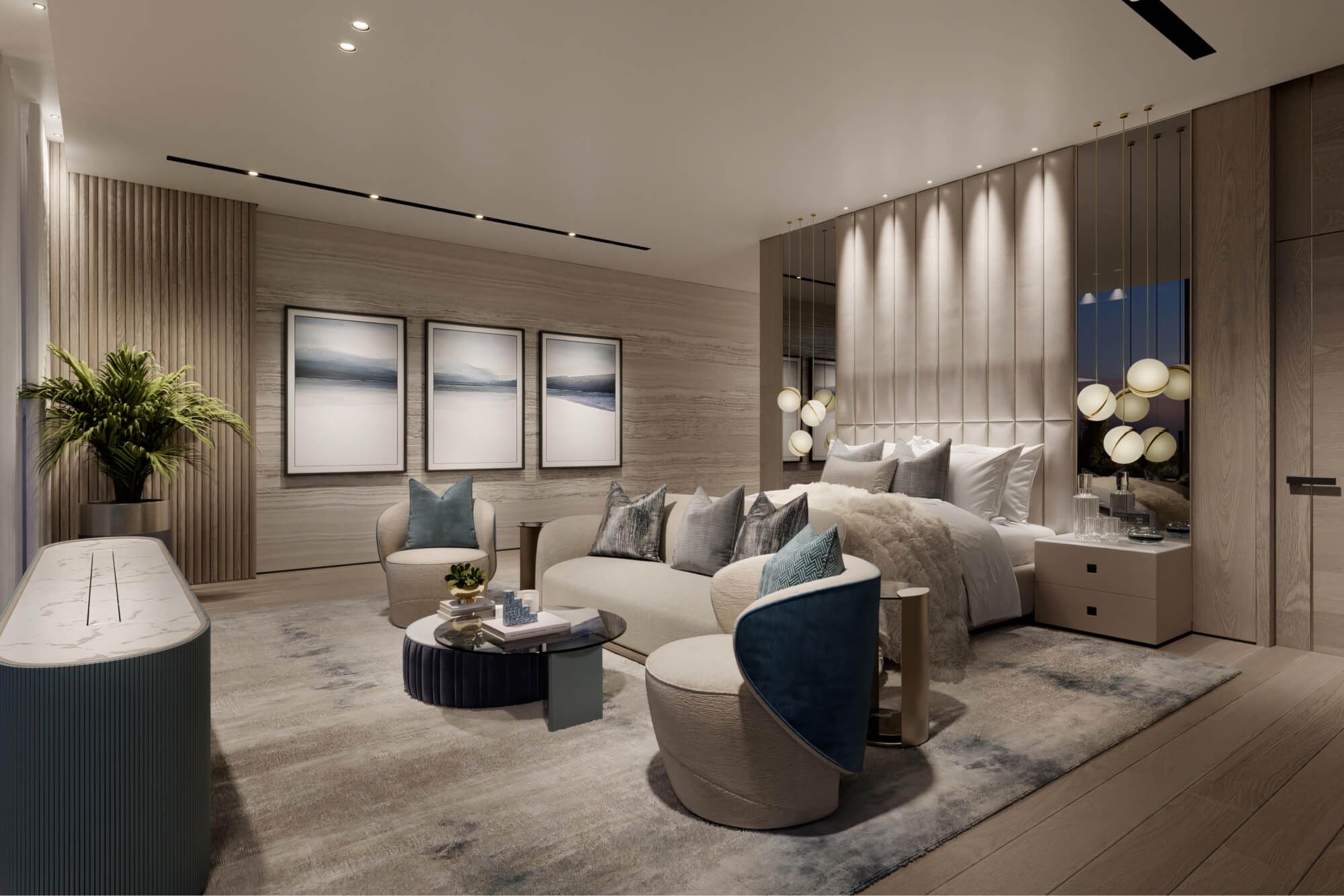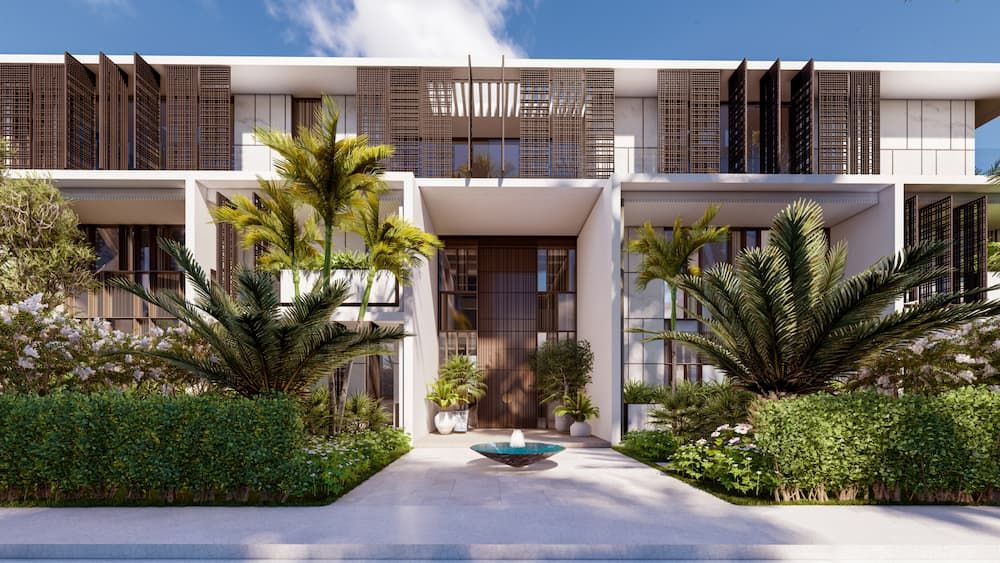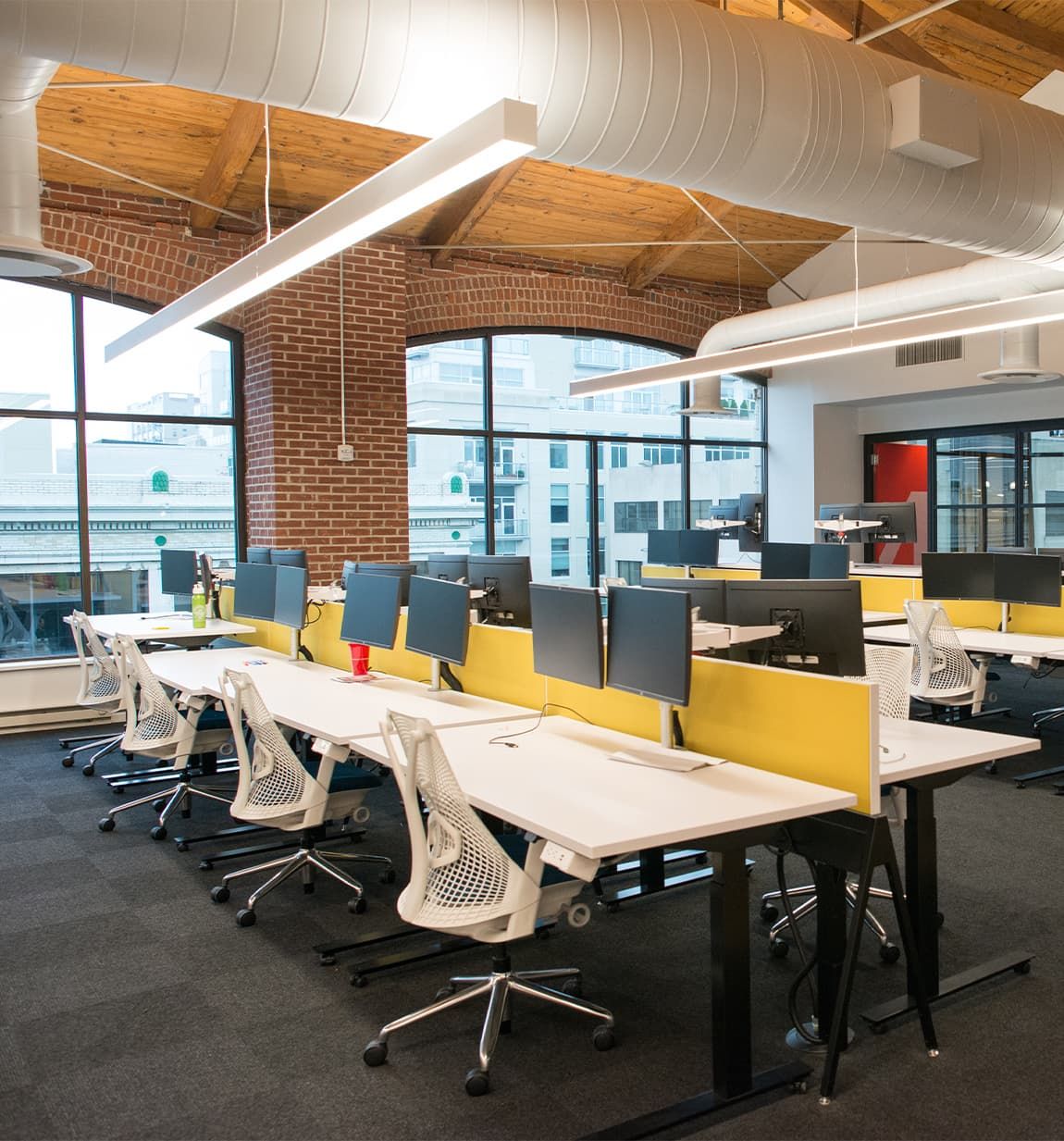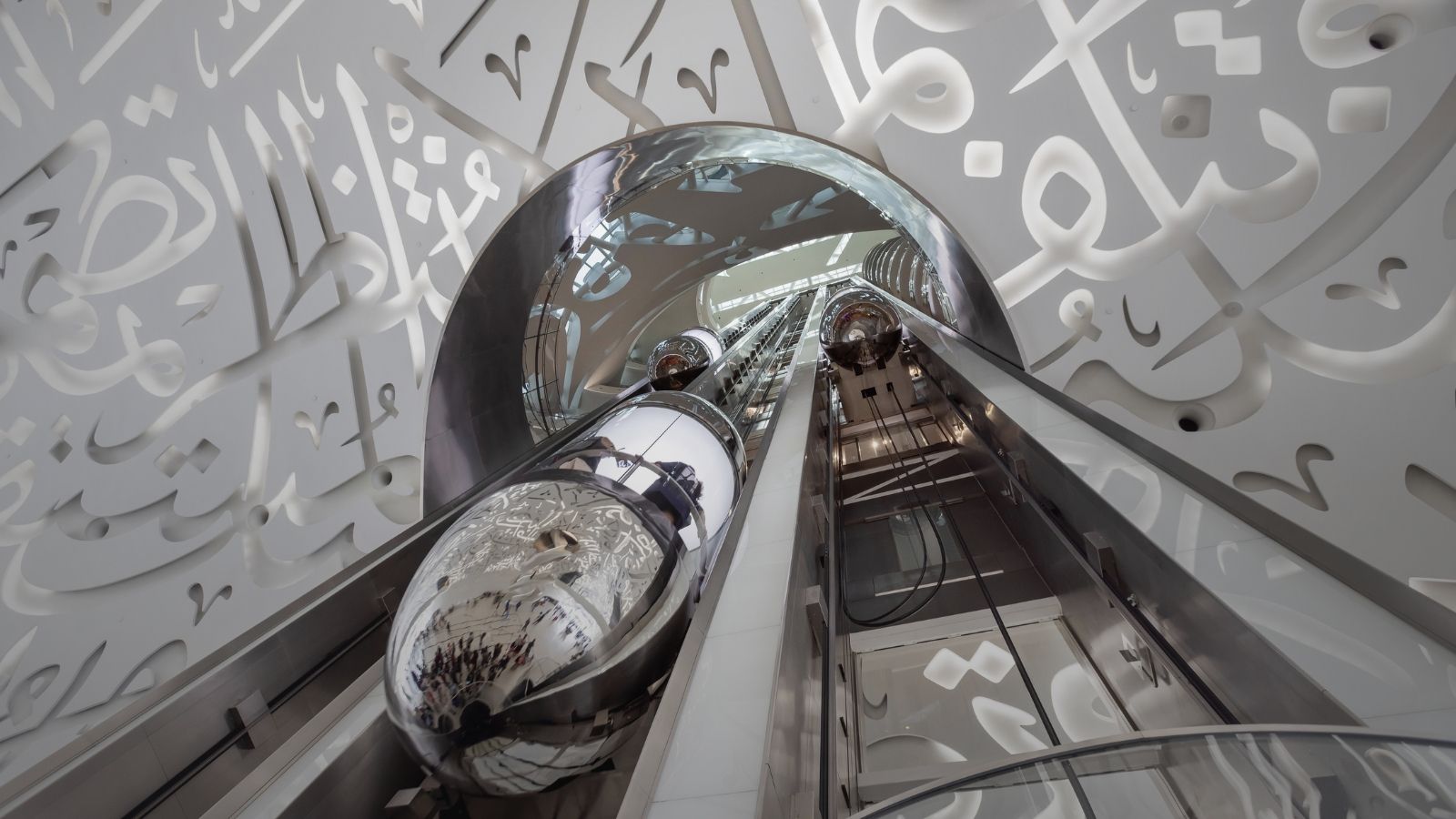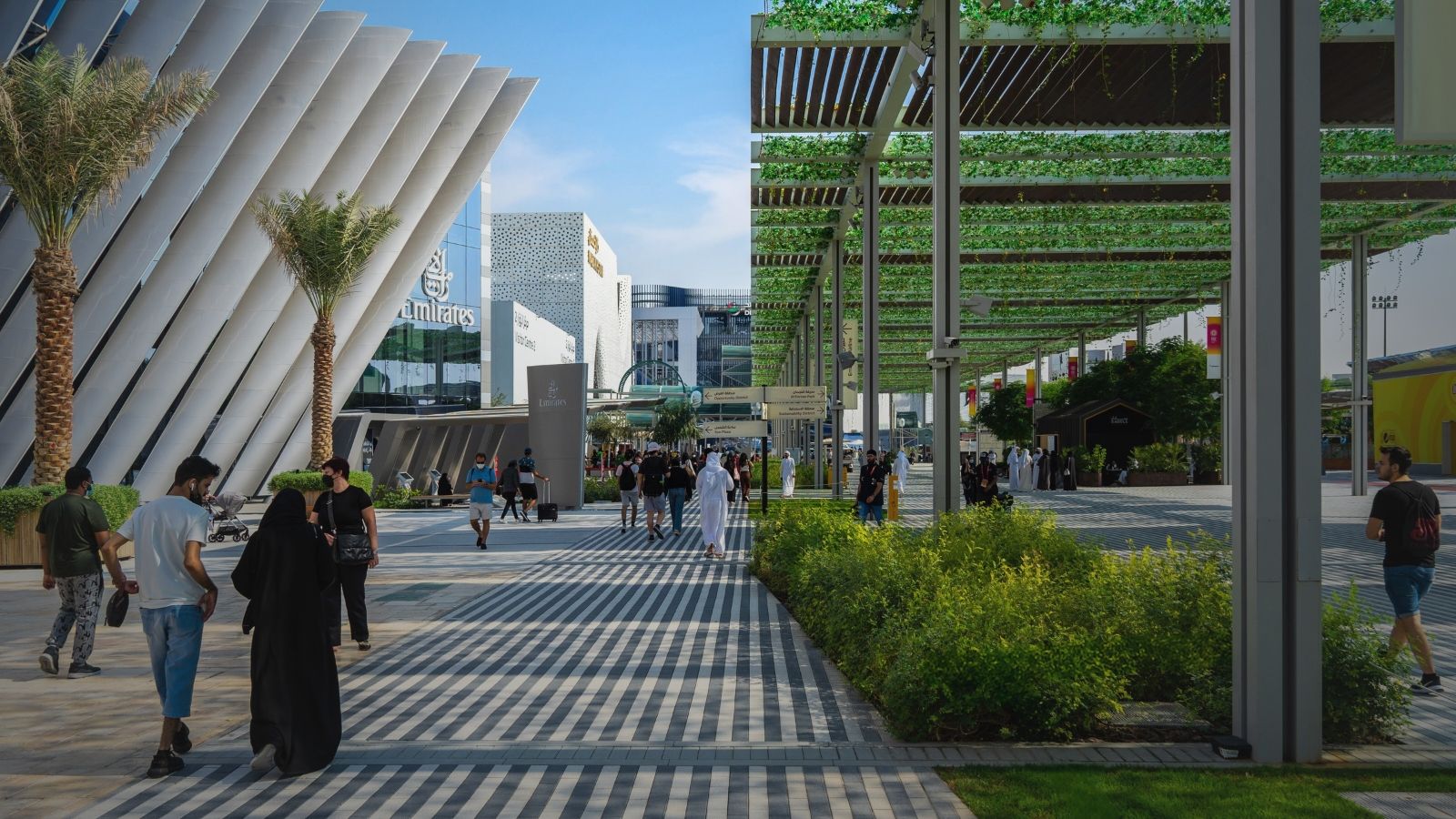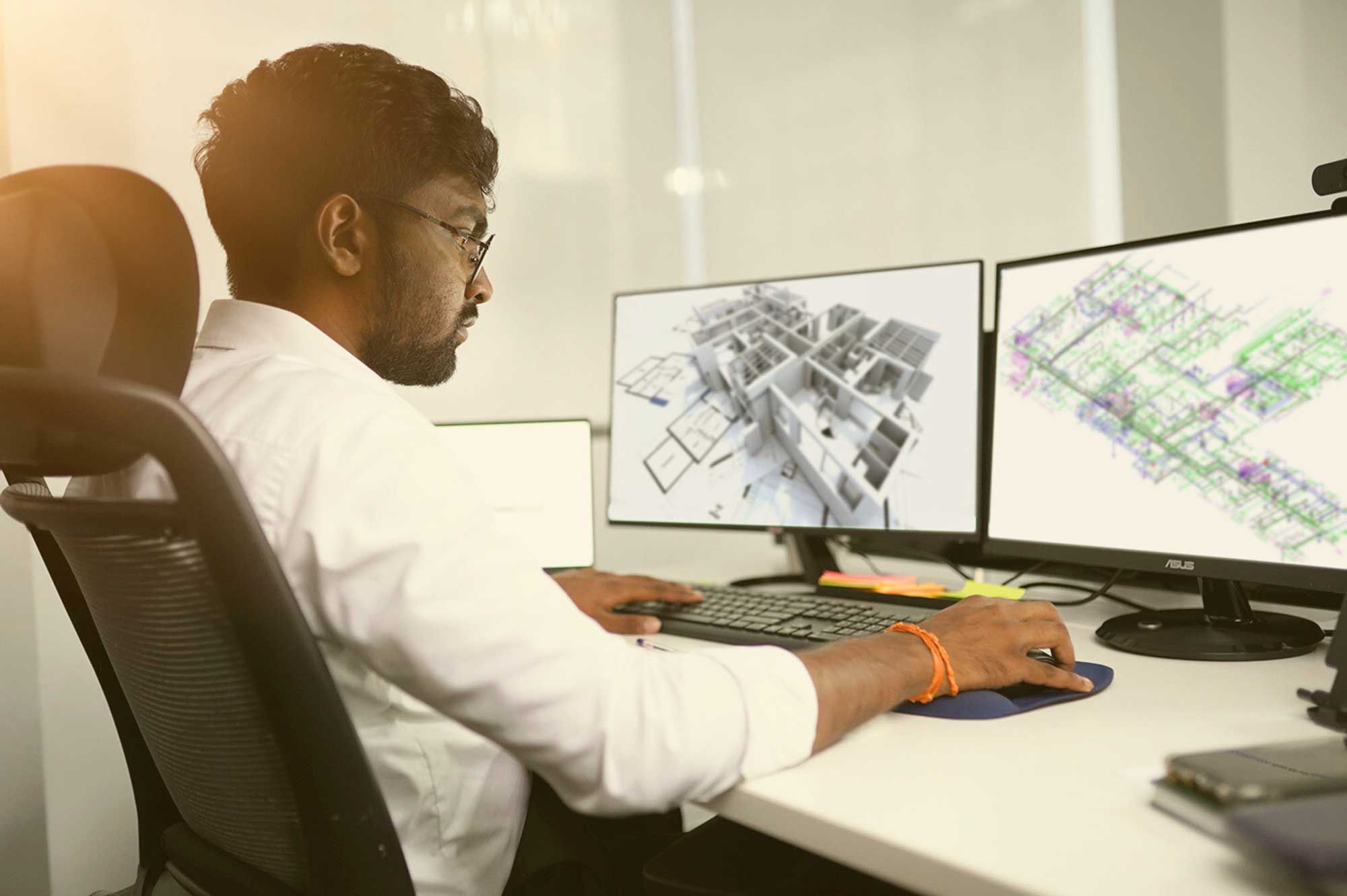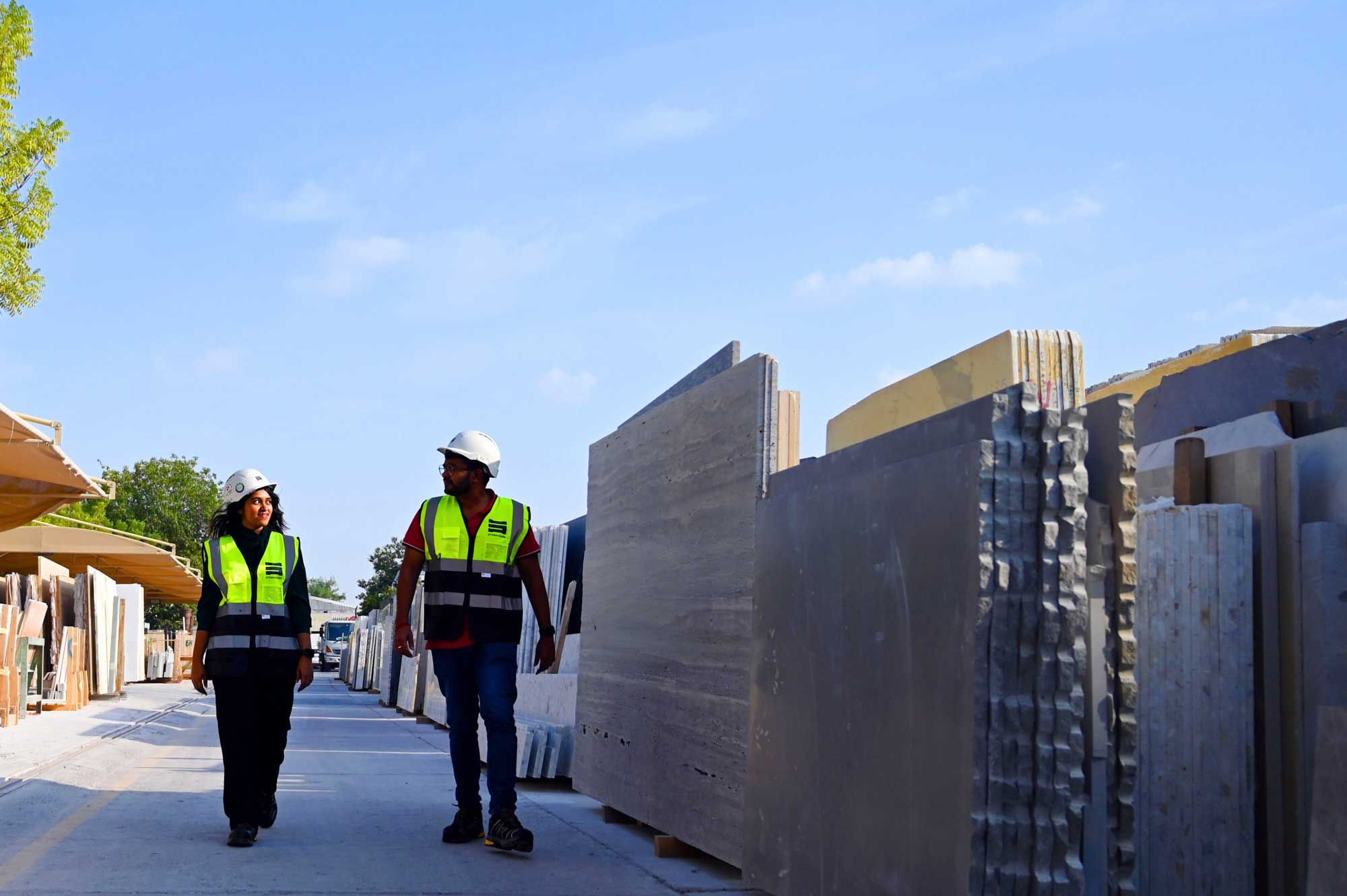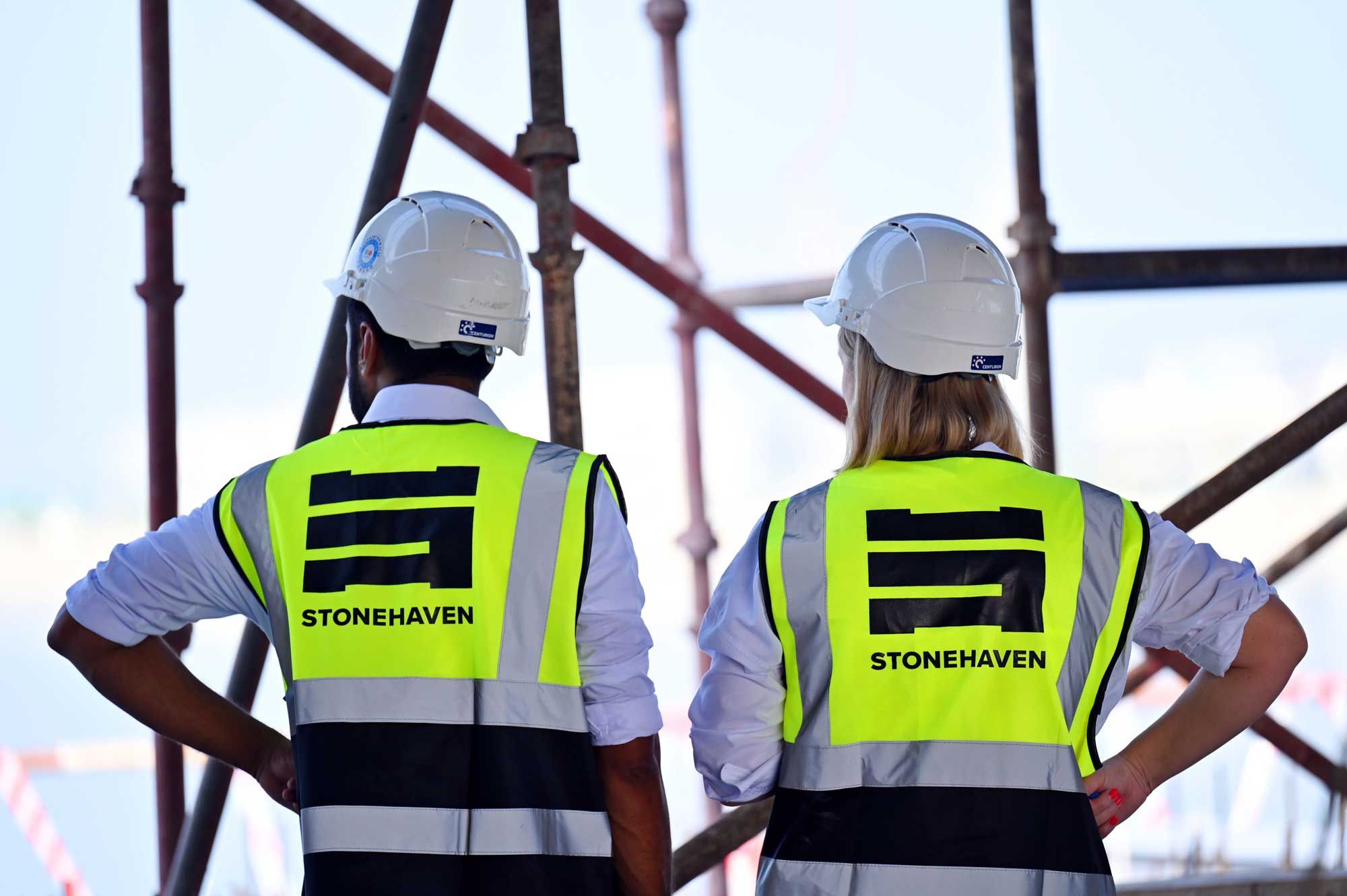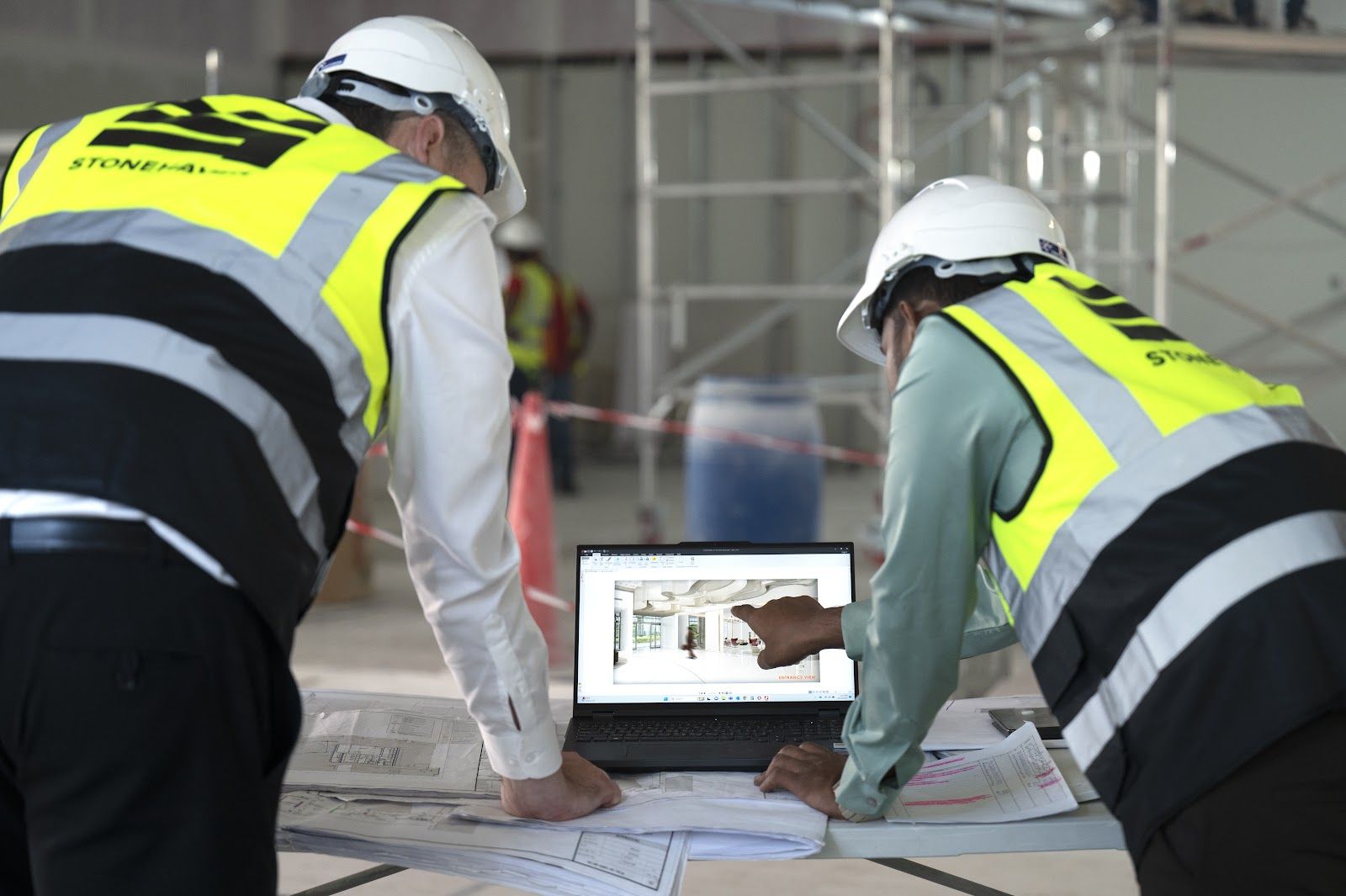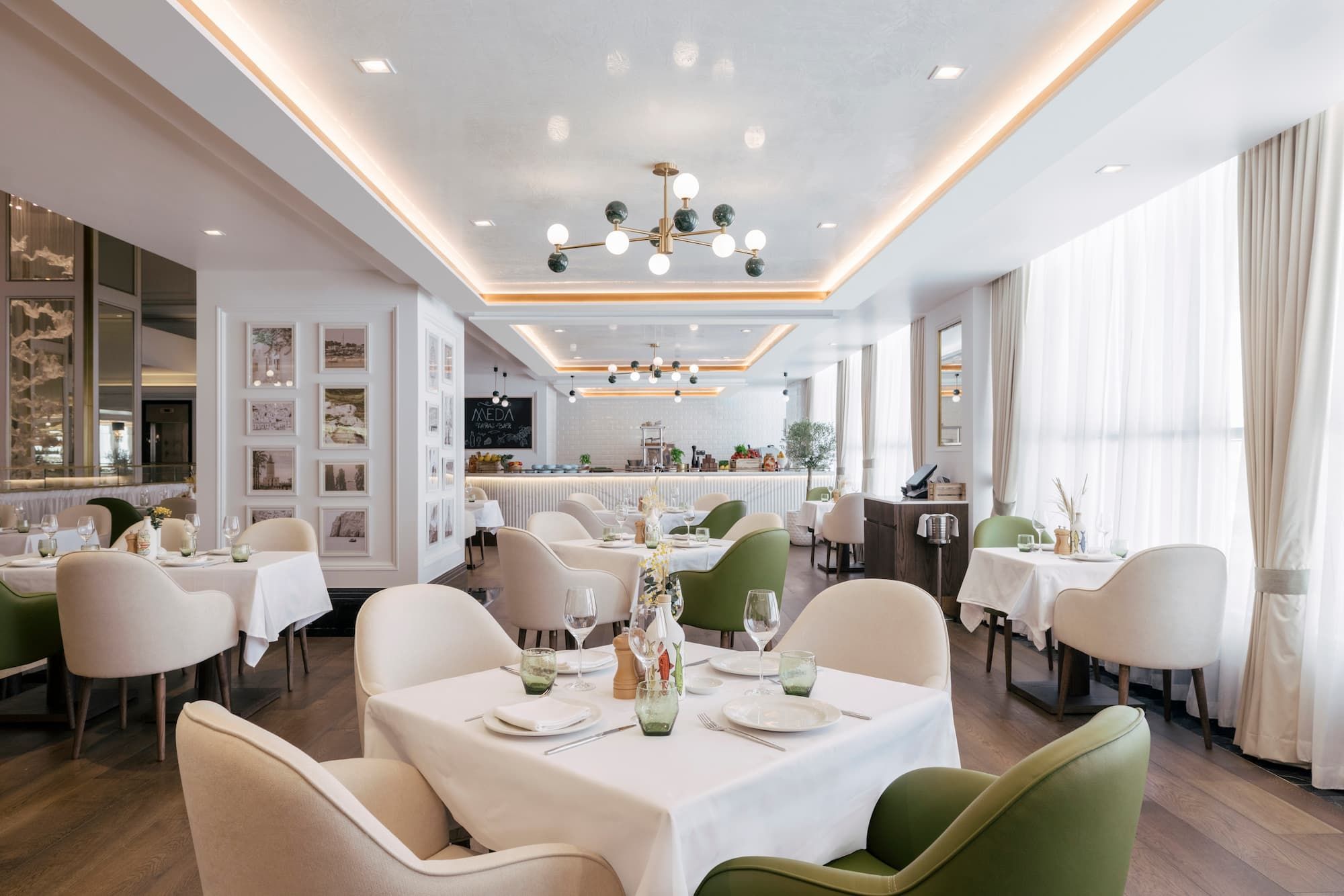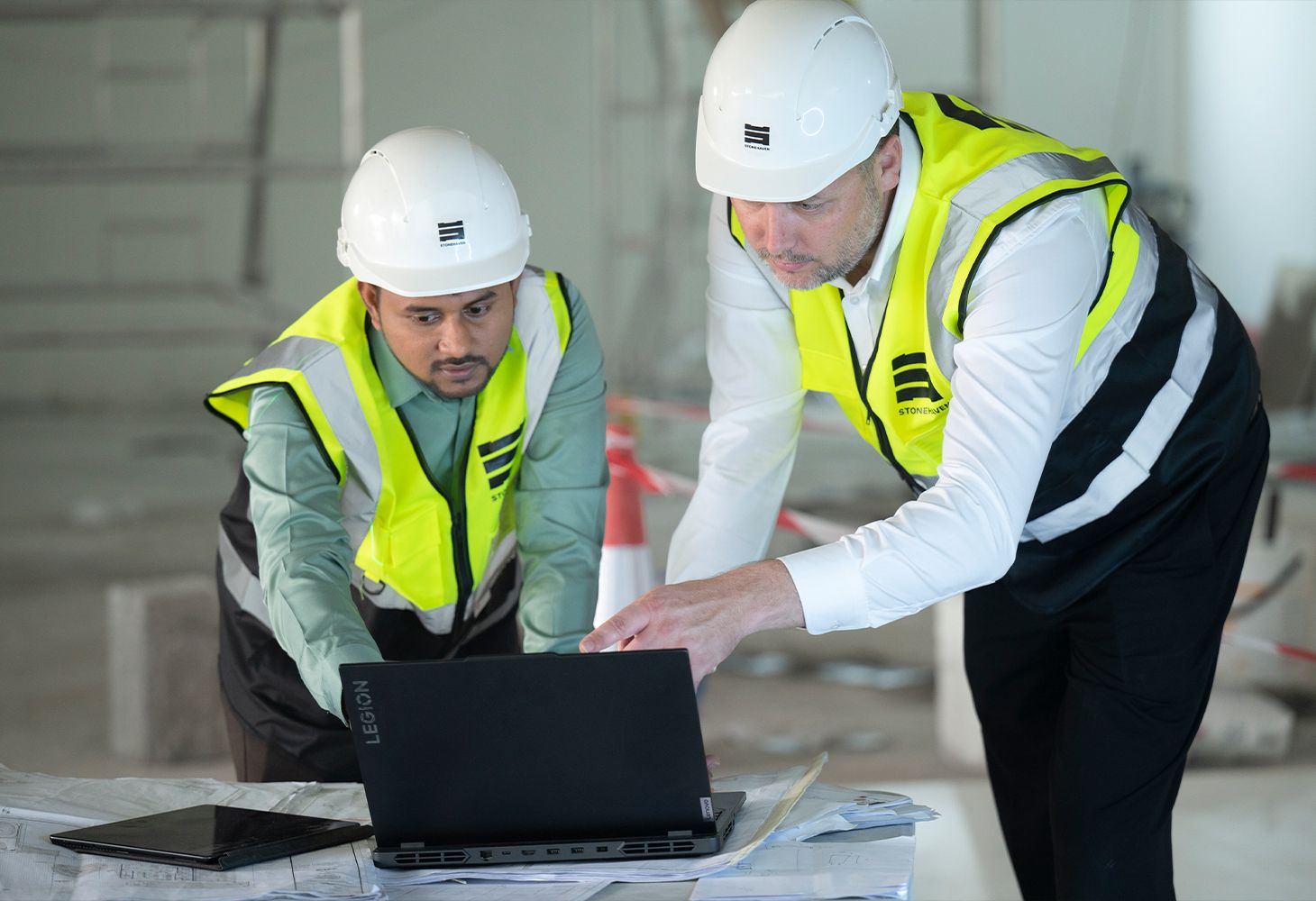Across the Middle East, the definition of a museum is evolving.
These are no longer passive halls of artefacts — they’re immersive cultural ecosystems. From Dubai’s Museum of the Future to Saudi Arabia’s growing portfolio of heritage and innovation centres, the region is making clear that cultural development is as much a tool for soft power as it is for education.
For Quantity Surveyors (QS), this shift poses a critical question: How do you bring financial control and lifecycle certainty to a typology that deliberately resists convention?
The answer lies in redefining the role of the QS as a cost monitor, but also as a strategic enabler from concept through operation.
Museums of the Future Demand Methods of the Future
Contemporary museums are complex hybrids of part exhibition, part theatre, part digital experience.
They often feature:
● Unconventional geometries
● Bespoke finishes
● Dynamic MEP and AV systems
● High sustainability performance standards
● Public-private funding structures with rigorous accountability
Traditional QS workflows, which rely on comparables and repetition, often fall short here. Instead, proactive cost planning, 5D BIM integration, and robust early-stage feasibility analysis become vital.
Where Quantity Surveyors Add Value in Cultural Projects
In future museum projects, Quantity Surveyors (QS) must not just react to changes but proactively influence outcomes at key stages throughout the lifecycle. Given the nature of cultural projects, where design evolves and new challenges frequently arise, QSs play a crucial role in managing cost impacts due to design changes. This can be done by:
Feasibility & Scenario Testing
At the concept stage, QS professionals are instrumental in testing multiple envelope and systems scenarios. By modelling capital expenditure (CAPEX) versus long-term operational expenditure (OPEX) for materials, façade types, and energy systems, QSs help identify the most cost-effective solutions. This early testing is crucial, as design changes during the project can alter these projections significantly. A well-defined feasibility study ensures that when design shifts occur, the cost implications are clearly understood.
Procurement Strategy Development
Given that cultural projects often involve international materials, custom fabrications, or highly specialised contractors, early input from QSs in the procurement strategy can mitigate significant lead-time and cost risks. Procurement planning in advance allows for flexibility in managing design changes that could affect sourcing, delivery times, or pricing of materials. A robust procurement strategy also ensures that design alterations are accommodated without causing excessive cost overruns.
Design-Performance Alignment
QS professionals work closely with MEP (Mechanical, Electrical, and Plumbing) and AV (Audio-Visual) consultants to ensure that performance specifications align with the budget thresholds, especially when integrating advanced technology such as immersive exhibits and lighting features. Design changes in these areas often result in shifts in cost, so it’s essential for the QS to continuously monitor and adjust cost estimates in line with evolving design requirements. By closely tracking these adjustments, QSs ensure that the design vision is maintained without overshooting the budget.
Carbon & Lifecycle Costing
With sustainability a top priority in the GCC's mega projects, QS teams are leading efforts to incorporate embodied carbon and operational efficiency into whole-life cost models. Design changes, particularly those affecting energy systems, materials, and sustainability features, often have a significant impact on lifecycle costs. The QS’s ability to integrate lifecycle costing with design decisions ensures that the long-term financial impact of design changes is fully understood and managed, particularly in projects targeting net-zero or high sustainability standards.
Funding Due Diligence Support
In government-led or joint-venture projects, the QS plays a key role in establishing transparent capital reporting and progress valuation frameworks for auditing bodies. As design changes occur, especially when they alter the scope or performance criteria, the QS ensures that these revisions are factored into the financial oversight. Clear and accurate reporting helps manage stakeholder expectations and secures continued funding, even in the face of design modifications that could impact the project's financial structure.
From One-Off Icons to Cultural Infrastructure
Recent years have seen a clear strategic push in the Middle East to build out cultural capacity:
● Sharjah’s House of Wisdom blends traditional library typologies with innovation spaces.
● Riyadh’s museums under Vision 2030, including the Royal Arts Complex and King Salman Park museums, aim to position Saudi Arabia as a cultural hub.
● Qatar’s Lusail Museum, designed by Herzog & de Meuron, will host one of the world’s largest Orientalist collections in a hypermodern, climate-conscious structure.
These projects share one thing in common: They are ambitious, multi-stakeholder, and architecturally expressive. That’s where a well-positioned QS team proves critical in managing complexity without stifling vision.
Building Culture Requires Cost Culture
Cultural institutions reflect identity, innovation, and values. But their delivery must also reflect accountability, precision, and long-term foresight.
Quantity Surveyors who can integrate whole-life costing, digital tools, and advisory services early in the museum development process will be the ones shaping the success of these landmark assets, not just during construction, but for decades after handover.
Featured Perspective
This article includes contributions and insights from Chamara Dias, Managing Quantity Surveyor at Stonehaven whose project experience in the industry has shaped much of this discussion.
Chamara is a constructive, professionally competent, and self-motivated quantity surveyor with more than 12 years of industry experience in both contracting and consultancy environments, particularly in the field of quantity surveying. He has worked on a variety of projects, specialising in pre- and post-contract cost management and cost estimation in countries such as the United Kingdom, Australia, and the Middle East, with a strong analytical approach and keen attention to detail.
About Stonehaven
Stonehaven provides cost management and project consultancy across the GCC, supporting cultural institutions, government agencies, and private developers in delivering complex, future-oriented projects.
Our Quantity Surveying teams specialise in lifecycle cost planning, procurement strategy, and risk mitigation for unique and iconic developments.
